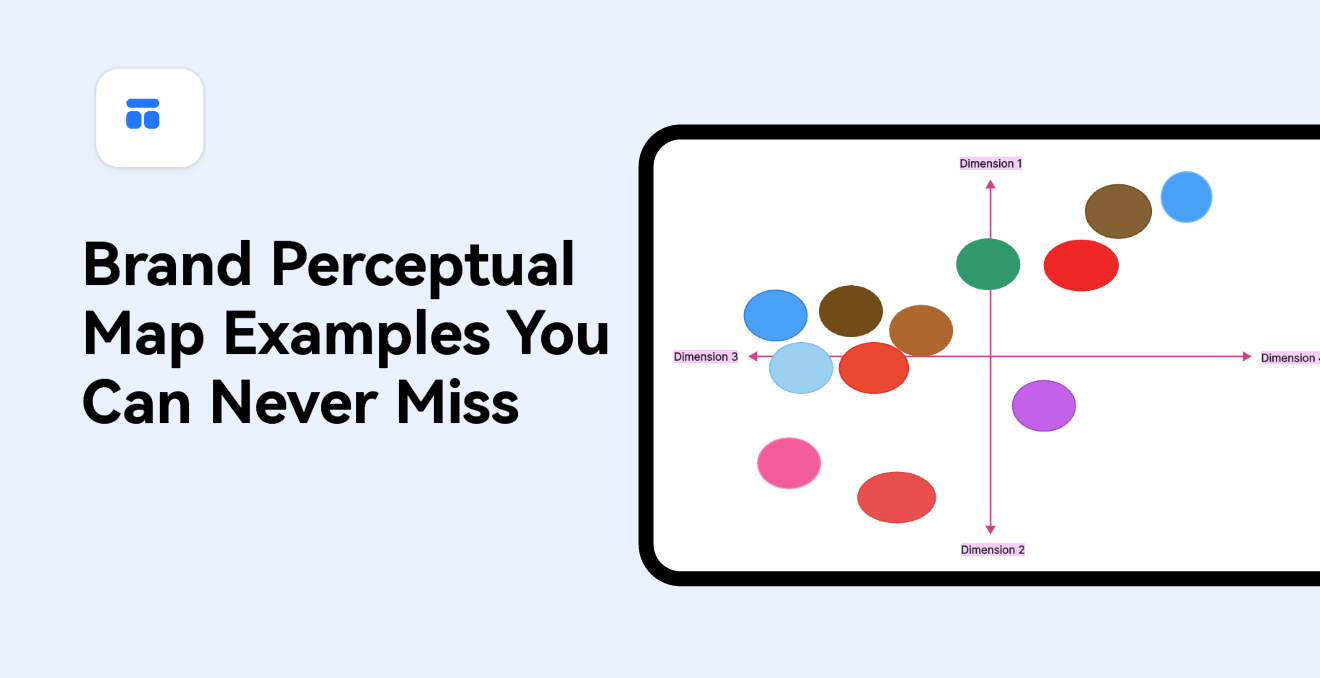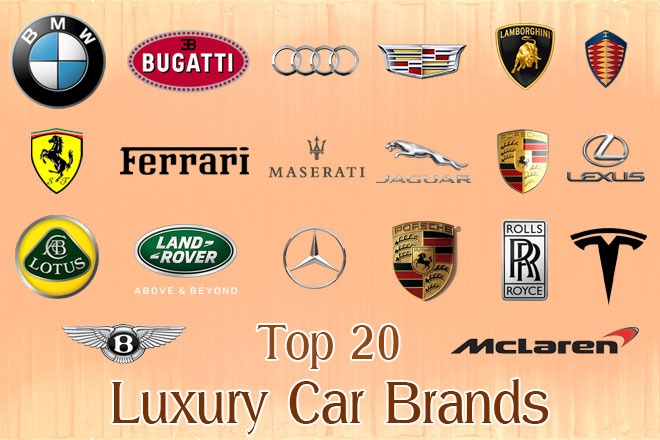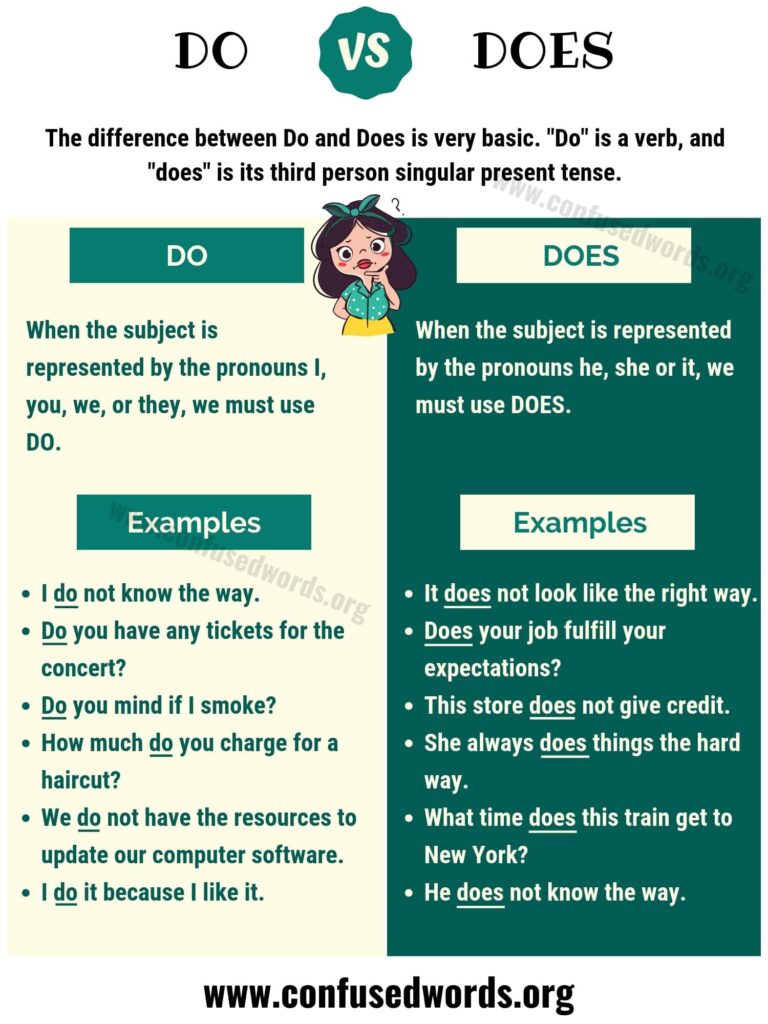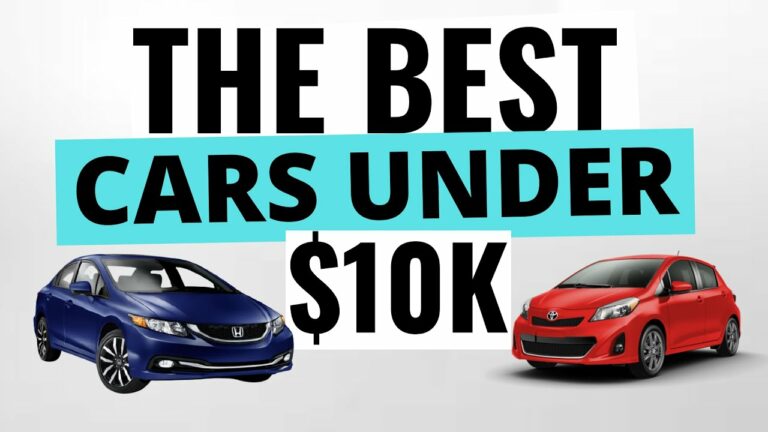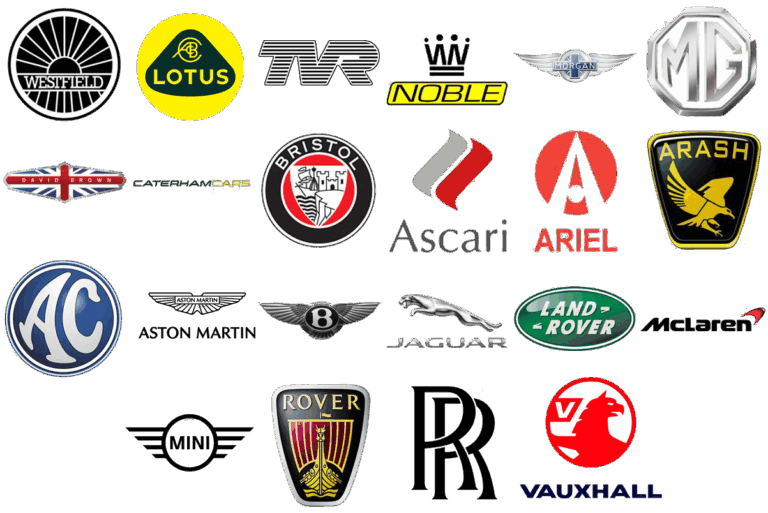Luxury Car Brand Perception: Crafting an Enduring Image of Excellence
Luxury Car Brand Perception: Crafting an Enduring Image of Excellence cars.truckstrend.com
In the rarefied world of high-end automobiles, a car is far more than just a mode of transport. It’s a statement, an aspiration, and often, a symbol of identity. At the heart of this intricate relationship between car and owner lies Luxury Car Brand Perception – the collective sum of beliefs, feelings, and associations that consumers hold about a particular luxury automotive brand. It’s not merely about the vehicle’s features or price tag, but the intangible aura, the emotional resonance, and the deep-seated trust that a brand evokes.
This perception is the bedrock upon which luxury automotive empires are built. It dictates purchasing decisions, influences resale values, and fundamentally shapes a brand’s competitive edge. In an increasingly crowded market, where technological advancements are rapidly democratized, it is perception that truly differentiates a Rolls-Royce from a high-end Mercedes-Benz, or a Ferrari from a Porsche. Understanding, cultivating, and safeguarding this perception is paramount for any luxury car manufacturer aiming for sustained success and an enduring legacy.
Luxury Car Brand Perception: Crafting an Enduring Image of Excellence
The Pillars of Perception: What Shapes a Luxury Car Brand?
Luxury car brand perception is a multifaceted construct, meticulously built upon several core elements that resonate deeply with discerning consumers. Each pillar contributes to the overall image, creating a narrative that extends far beyond horsepower or leather upholstery.
Heritage & Legacy
The story of a luxury brand often begins in its past. Decades, sometimes centuries, of innovation, triumphs, and iconic models build a rich tapestry of heritage. Brands like Porsche, Ferrari, and Mercedes-Benz leverage their storied histories to convey a sense of authenticity, tradition, and enduring excellence. This legacy provides a foundation of trust and a feeling of belonging to an exclusive lineage.
Craftsmanship & Quality
At the tangible core of luxury lies unparalleled craftsmanship. This encompasses not just the choice of premium materials – the finest leathers, exotic woods, carbon fiber, and precision-engineered metals – but also the meticulous attention to detail, the flawless fit and finish, and the sense of bespoke artistry that permeates every component. It’s about a commitment to perfection that transcends mass production.
Performance & Innovation
While luxury often implies comfort, it also demands exhilarating performance and cutting-edge innovation. Luxury car brands are expected to push boundaries in engineering, developing groundbreaking technologies for powertrains, safety, connectivity, and driver assistance systems. This showcases a brand’s forward-thinking vision and its ability to deliver an unparalleled driving experience.

Exclusivity & Scarcity
A key differentiator for luxury is its inherent exclusivity. Limited production runs, bespoke customization options, and selective distribution channels reinforce the idea that owning such a vehicle is a privilege reserved for a select few. This scarcity fuels desire and enhances the perceived value and prestige of the brand.
Design & Aesthetics
The visual appeal of a luxury car is critical. Iconic design language, timeless aesthetics, and distinctive styling cues create an immediate emotional connection. A luxury car’s design must be both beautiful and purposeful, reflecting the brand’s identity and evoking a sense of desire and admiration.
Customer Experience
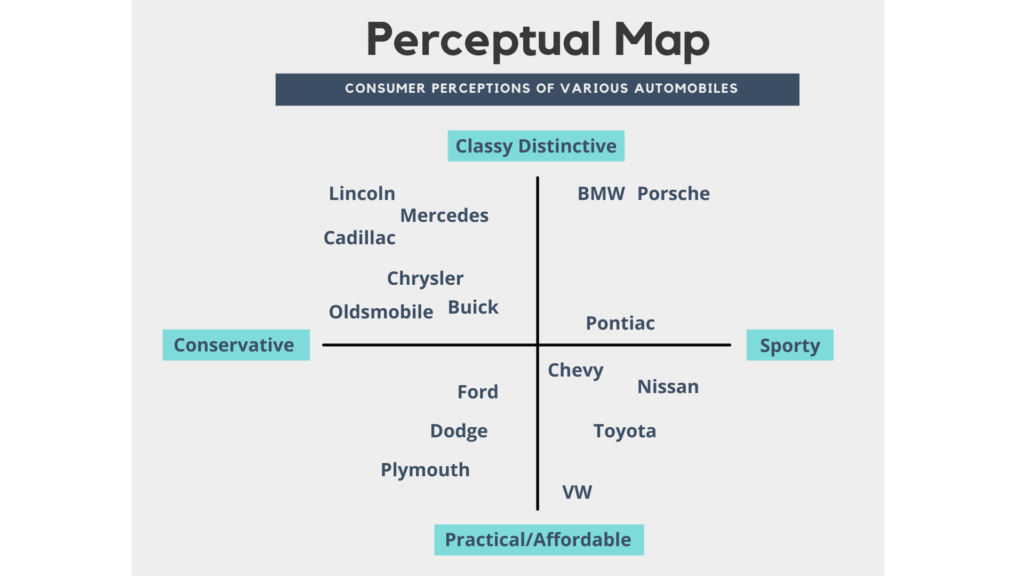
The journey of owning a luxury car extends far beyond the point of sale. The dealership experience, personalized service, dedicated after-sales support, and exclusive events all contribute to a seamless, pampering, and highly personalized customer journey. This holistic approach reinforces the sense of being part of an elite club, where every need is anticipated and met with exceptional care.
Brand Storytelling & Marketing
How a brand communicates its values, history, and future vision is crucial. Aspirational marketing campaigns, engaging digital content, and strategic partnerships with luxury lifestyle brands create a cohesive narrative that reinforces the desired perception. This storytelling builds an emotional connection and shapes the brand’s identity in the minds of consumers.
The Psychological Landscape: Why Perception Matters to Consumers
For consumers, buying a luxury car is often a deeply psychological decision. Their perception of the brand plays a pivotal role in fulfilling various intrinsic and extrinsic needs.
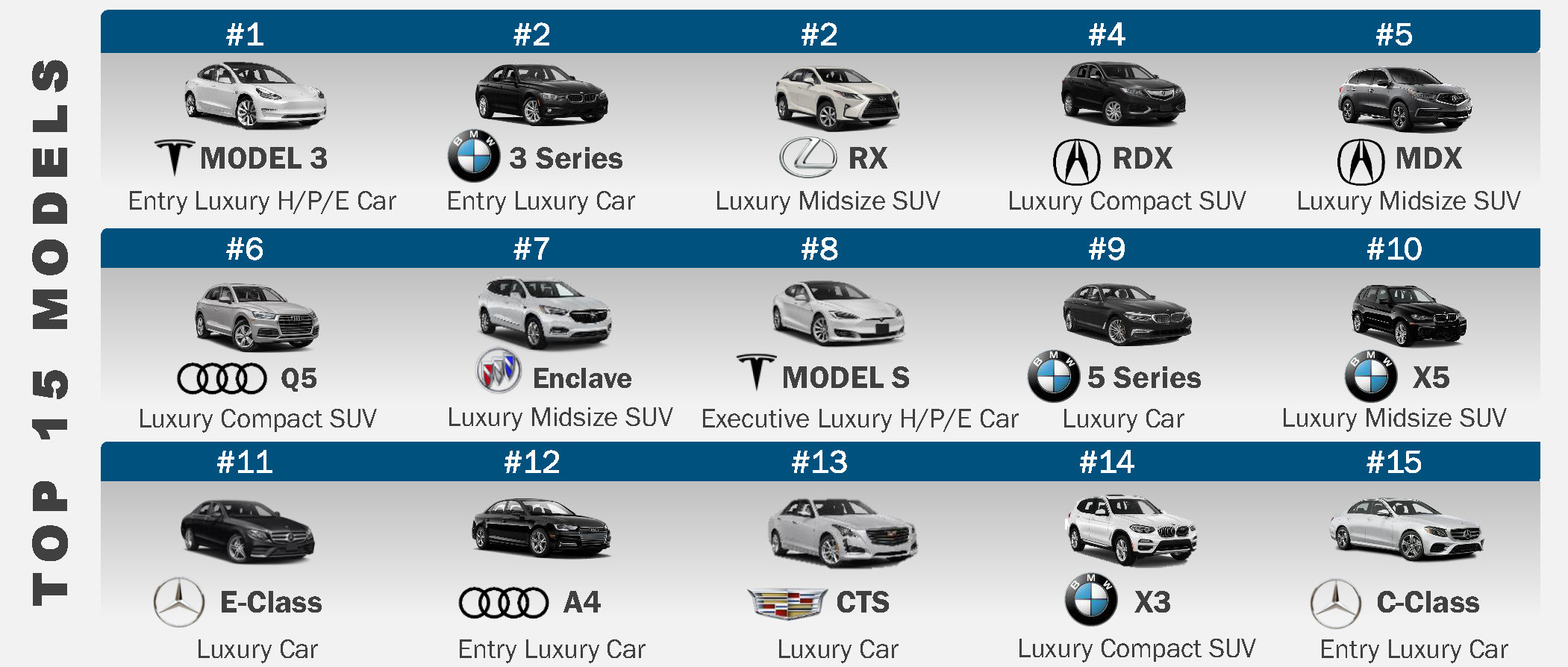
- Status & Aspiration: Owning a luxury car is a powerful social signal, conveying success, achievement, and refined taste. Brands that effectively communicate this status become objects of aspiration.
- Emotional Connection: Beyond utility, luxury cars evoke strong emotions – joy, excitement, pride, and a sense of accomplishment. Brands that tap into these emotions build fierce loyalty.
- Trust & Reliability: A perception of superior quality translates into trust. Consumers expect luxury vehicles to be inherently reliable, durable, and safe, justifying the significant investment.
- Investment & Value Retention: There’s an expectation that luxury cars, particularly certain limited editions or classic models, will retain or even appreciate in value. This belief in long-term value influences purchase decisions.
- Personal Identity: Consumers often seek brands that align with their personal values, lifestyle, and self-image. A luxury car can become an extension of one’s identity, reflecting sophistication, passion, or innovation.
Strategies for Cultivating a Strong Luxury Brand Perception
Building and maintaining a robust luxury car brand perception requires a deliberate, long-term strategy. It’s about consistent excellence across every touchpoint.
- Consistent Brand Messaging: Ensure a unified voice and aesthetic across all marketing, PR, digital platforms, and dealership interactions. Every communication should reinforce the brand’s core values and unique selling proposition.
- Exceptional Product Development: Innovation, quality, and performance must be non-negotiable. Invest heavily in R&D to deliver vehicles that consistently exceed expectations and set new industry benchmarks.
- Curated Customer Experiences: Elevate every interaction. From the moment a prospective buyer steps into a showroom to after-sales service and exclusive owner events, the experience must be seamless, personalized, and memorable.
- Strategic Marketing & PR: Engage in aspirational campaigns that tell compelling stories, use high-quality visuals, and collaborate with influencers or ambassadors who embody the brand’s values. Host exclusive launch events and leverage earned media.
- Limited Production & Bespoke Options: Control supply to enhance exclusivity. Offer extensive customization programs (e.g., Rolls-Royce Bespoke, Ferrari Tailor Made) that allow clients to create truly unique vehicles, reinforcing the luxury of individuality.
- Digital Presence & Storytelling: Create immersive digital experiences, from configurators to virtual tours. Use social media and content marketing to share the brand’s heritage, craftsmanship processes, and future vision in an engaging way.
- Sustainability & Social Responsibility: Modern luxury consumers increasingly value ethical practices. Brands integrating sustainable materials, eco-friendly manufacturing, and community initiatives can enhance their perception as responsible and forward-thinking.
Challenges in Maintaining Luxury Brand Perception
Even established luxury brands face significant challenges in preserving their coveted perception in a dynamic market.
- Dilution of Brand Image: Over-expansion into more accessible market segments or a proliferation of models can dilute the sense of exclusivity and prestige. Balancing growth with maintaining an elite image is a delicate act.
- Evolving Consumer Expectations: Younger, affluent buyers (Millennials, Gen Z) have different values, prioritizing sustainability, technology, and authentic experiences over overt displays of wealth. Brands must adapt without alienating their traditional base.
- Competitive Landscape: New entrants, particularly in the electric vehicle (EV) space (e.g., Lucid, Rivian, Tesla’s higher trims), are challenging established norms, forcing incumbents to innovate rapidly.
- Economic Downturns: Luxury goods are highly susceptible to economic fluctuations. During recessions, discretionary spending on high-end vehicles declines, impacting sales and potentially forcing brands to offer incentives that could harm their prestige.
- Reputational Damage: Quality recalls, ethical controversies, or negative media coverage can severely damage a meticulously built perception overnight. Transparency and swift crisis management are crucial.
Measuring and Adapting Perception
Luxury brands must continuously monitor and adapt their perception to remain relevant and desirable.
- Market Research & Sentiment Analysis: Regularly conduct surveys, focus groups, and sentiment analysis of online conversations to understand how the brand is perceived relative to competitors and identify emerging trends.
- Sales Data & Market Share: While not direct measures of perception, consistent sales performance and market share in the luxury segment are strong indicators of a brand’s desirability and perceived value.
- Brand Equity Studies: Utilize specific methodologies to quantify brand equity, assessing the financial and non-financial value of the brand in the market.
- Agility & Responsiveness: Be prepared to pivot strategies based on feedback and market shifts. Luxury is not static; it evolves, and brands must evolve with it, maintaining their core identity while embracing new consumer desires.
Elements and Value Proposition of Luxury Car Brand Perception
This table summarizes the core components that build and sustain luxury car brand perception, along with the value they offer to both the brand and the consumer.
| Aspect of Perception | Description | Value Proposition (Brand) | Value Proposition (Consumer) |
|---|---|---|---|
| Heritage & Legacy | Rich history, iconic models, enduring tradition. | Builds trust, authenticity, timeless appeal. | Sense of belonging, historical significance, proven excellence. |
| Craftsmanship & Quality | Meticulous attention to detail, premium materials, flawless finish. | Justifies premium pricing, enhances durability, reduces warranty claims. | Reliability, long-term value, tactile pleasure, peace of mind. |
| Performance & Innovation | Cutting-edge engineering, exhilarating driving dynamics, advanced technology. | Attracts enthusiasts, showcases leadership, future-proofs brand. | Thrill of driving, access to latest tech, safety, efficiency. |
| Exclusivity & Scarcity | Limited production, bespoke options, controlled distribution. | Maintains high demand, reinforces prestige, prevents market saturation. | Uniqueness, status symbol, sense of privilege, potential investment value. |
| Design & Aesthetics | Iconic styling, timeless beauty, distinct visual identity. | Strong brand recognition, emotional appeal, sets trends. | Pride of ownership, visual delight, self-expression. |
| Customer Experience | Personalized service, seamless interactions, exclusive post-purchase benefits. | Builds loyalty, encourages repeat business, generates positive word-of-mouth. | Feeling valued, convenience, personalized attention, premium support. |
| Brand Storytelling | Compelling narratives, aspirational marketing, consistent messaging. | Differentiates from competitors, builds emotional connection, shapes desired image. | Inspiration, emotional resonance, alignment with personal values, trust in brand narrative. |
| Sustainability & Ethics | Responsible sourcing, eco-friendly practices, social contributions. | Appeals to conscious consumers, enhances modern relevance, mitigates reputational risk. | Guilt-free luxury, aligns with personal values, contributes to a better world. |
Frequently Asked Questions (FAQ) about Luxury Car Brand Perception
Q1: What exactly is Luxury Car Brand Perception?
A1: Luxury Car Brand Perception refers to the overall impression, beliefs, and feelings that consumers have about a specific high-end automotive brand. It’s the intangible value and reputation built on factors like quality, heritage, design, performance, customer experience, and exclusivity, rather than just the car’s features or price.
Q2: Why is brand perception so important for luxury car brands?
A2: It’s crucial because it drives purchase decisions, influences pricing power, dictates resale values, and establishes brand loyalty. In the luxury market, where products are often similar in technical capability, perception differentiates brands, creates emotional connections, and allows brands to command premium prices.
Q3: How do luxury car brands typically build and maintain a strong perception?
A3: They do this through a combination of strategies: delivering exceptional product quality and innovative technology, preserving and leveraging their heritage, creating exclusive and personalized customer experiences, employing aspirational marketing and storytelling, and carefully managing production volumes to maintain scarcity.
Q4: Can a luxury car brand’s perception change over time?
A4: Absolutely. Perception is dynamic. It can evolve positively through consistent innovation, excellent customer service, and successful marketing, or negatively due to quality issues, economic downturns, changes in consumer tastes, or strong competition from new entrants. Brands must continuously monitor and adapt.
Q5: What are common mistakes luxury car brands make that can damage their perception?
A5: Common mistakes include diluting the brand by over-extending into too many market segments, compromising on quality for cost savings, failing to innovate, providing inconsistent or subpar customer service, and not adapting to evolving consumer values (e.g., neglecting sustainability).
Q6: How do new electric luxury car brands establish their perception without a long heritage?
A6: New EV luxury brands often focus on innovation, cutting-edge technology, sustainable practices, and a unique, forward-thinking design language. They build perception through strong performance, a seamless digital experience, and by creating a new narrative of modern luxury that resonates with a tech-savvy, environmentally conscious demographic.
Conclusion
Luxury Car Brand Perception is the invisible yet potent force that shapes the fortunes of high-end automotive manufacturers. It’s an intricate tapestry woven from a brand’s history, its commitment to craftsmanship, its relentless pursuit of innovation, and its ability to forge deep emotional connections with its clientele. In a world where luxury is increasingly defined by experience and authenticity, cultivating a strong and positive brand perception is not just a marketing goal, but a strategic imperative. It’s about crafting an enduring image of excellence that resonates with discerning consumers, ensuring that the allure of a luxury car remains timeless, aspirational, and deeply personal.
